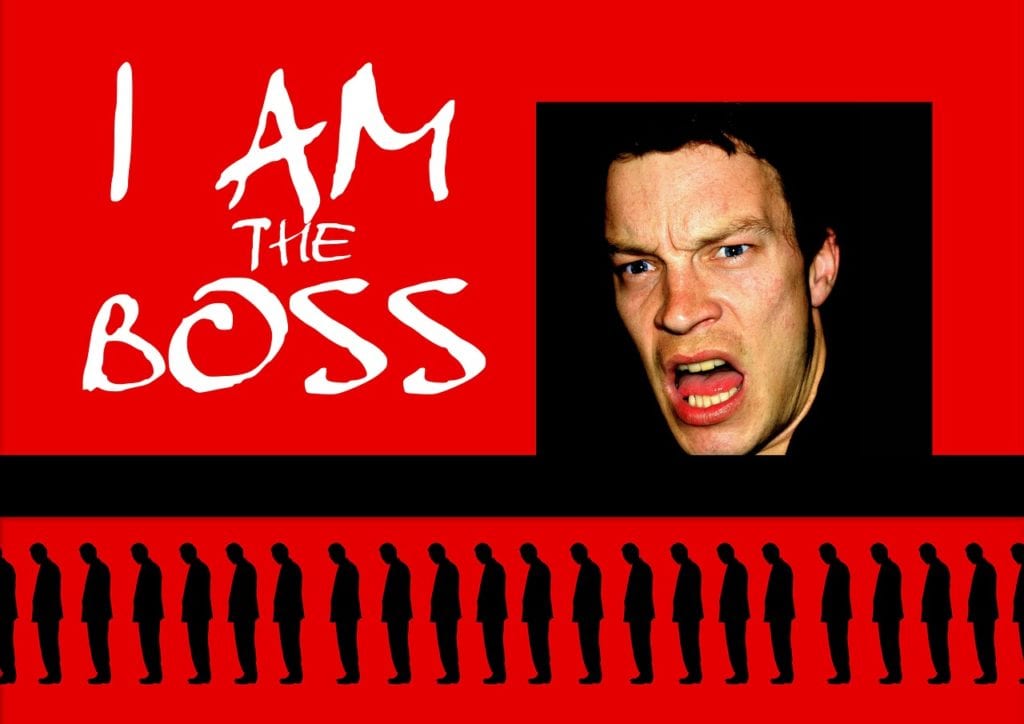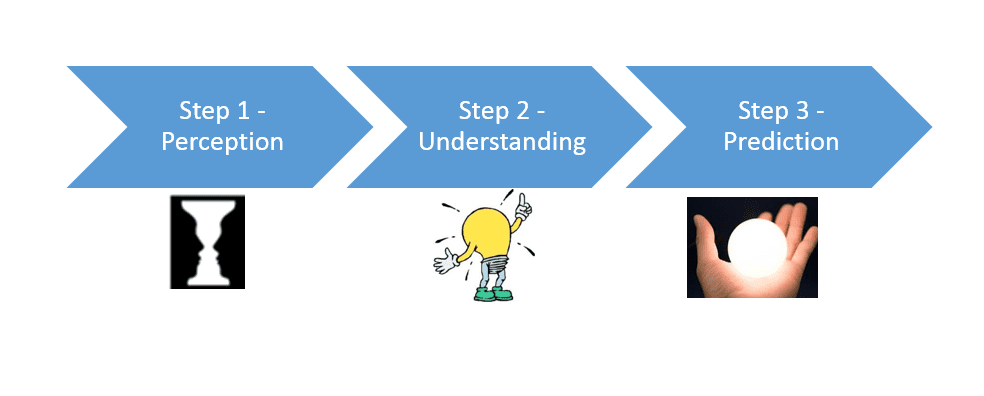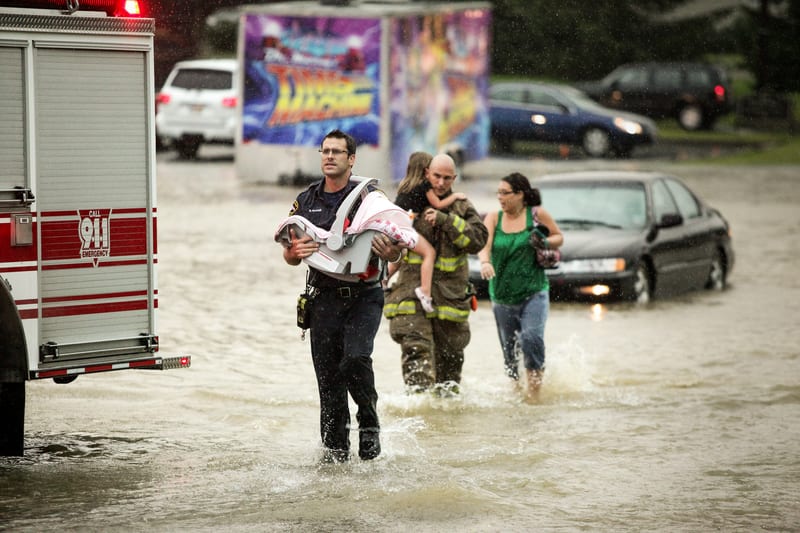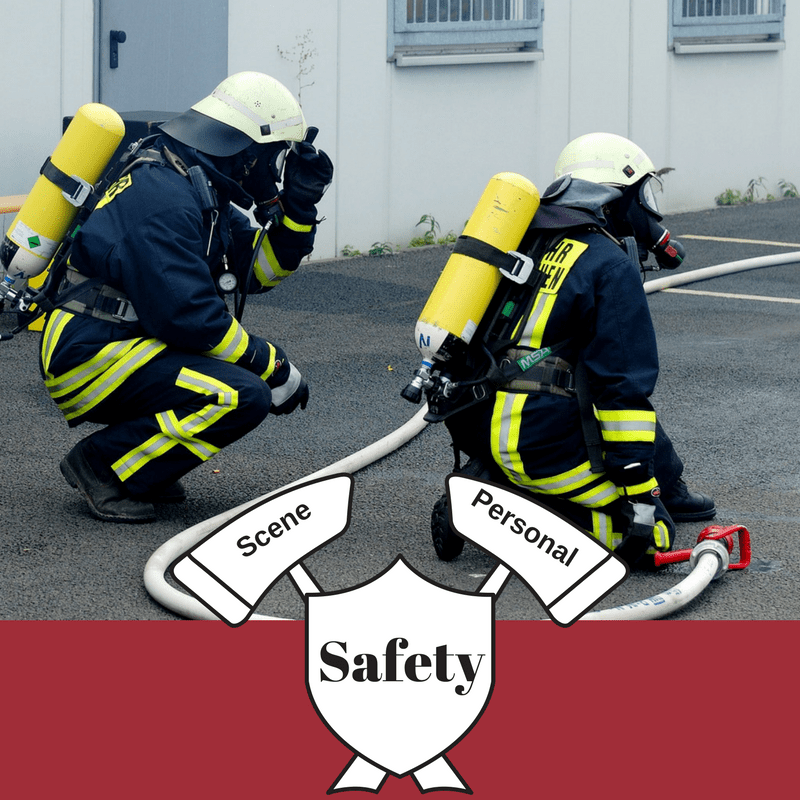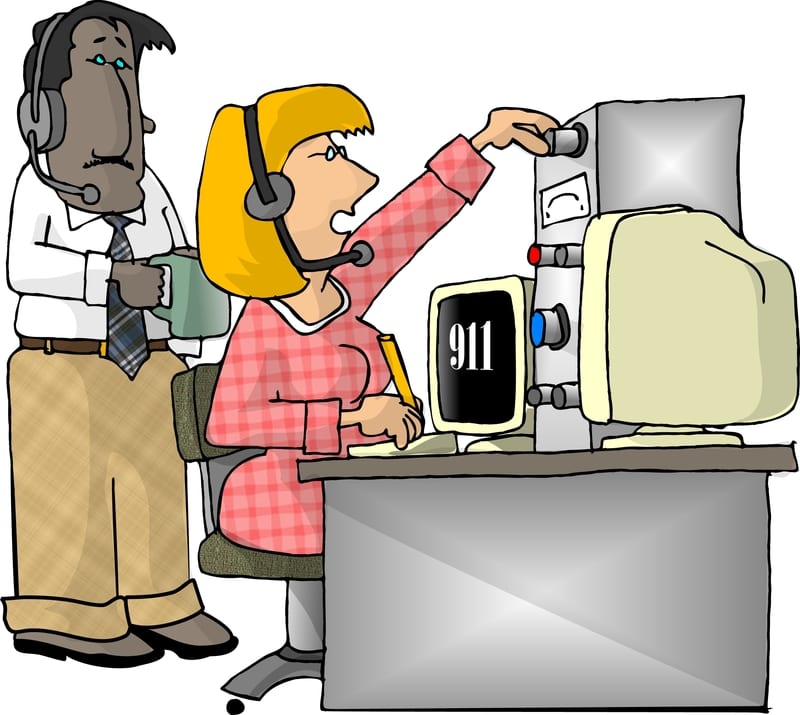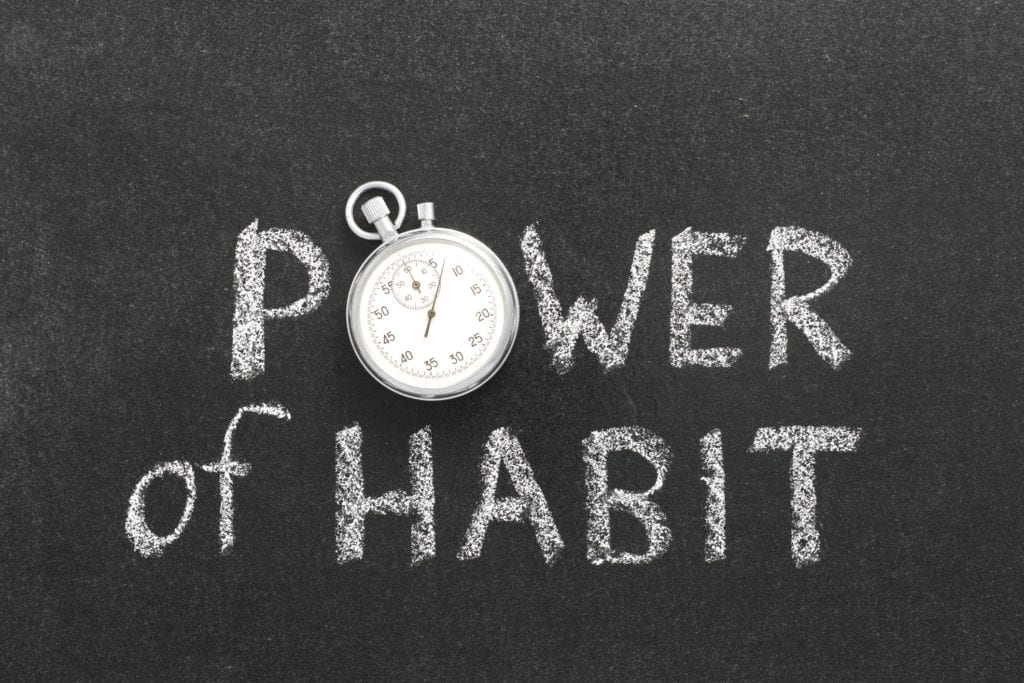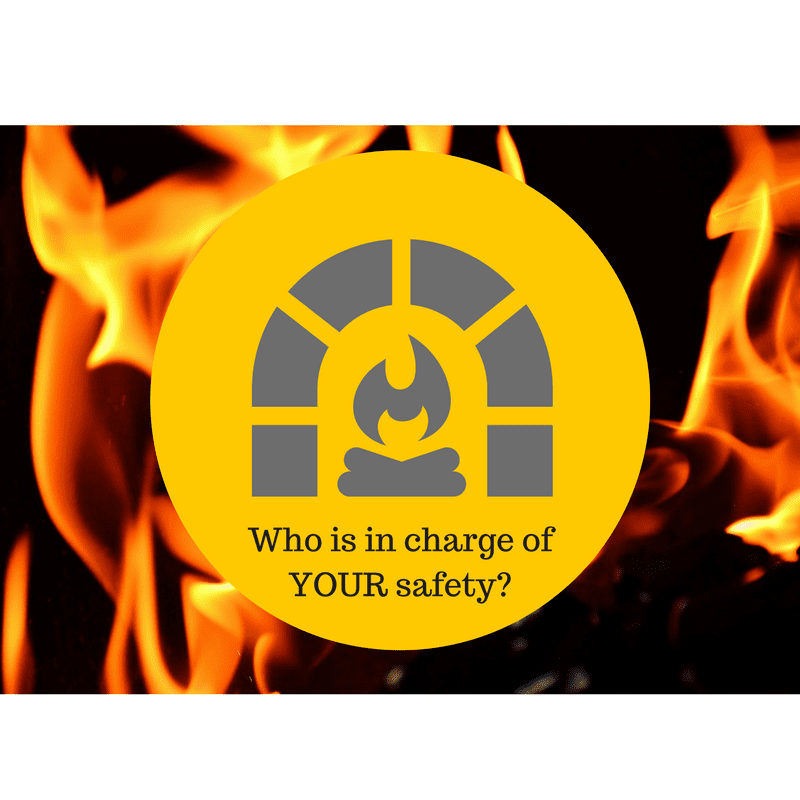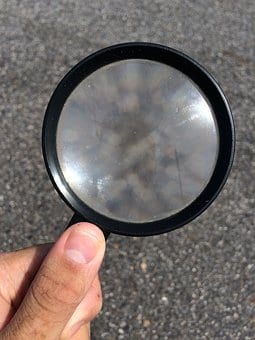Nine Dangerous Mindsets: Part 4 – The Superior
Welcome to the fourth installment of the Dangerous Mindsets series. Previously I talked about the dangerous mindsets of the Starter, the Subordinate and the Specialist. This article addresses the Superior or, more appropriately, the Superior with personal issues and how that can impact situational awareness and team safety. It would be rare for a supervisor […]
Nine Dangerous Mindsets: Part 4 – The Superior Read More »

